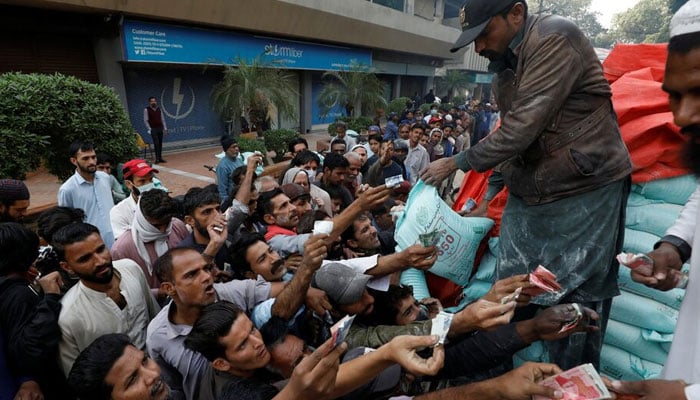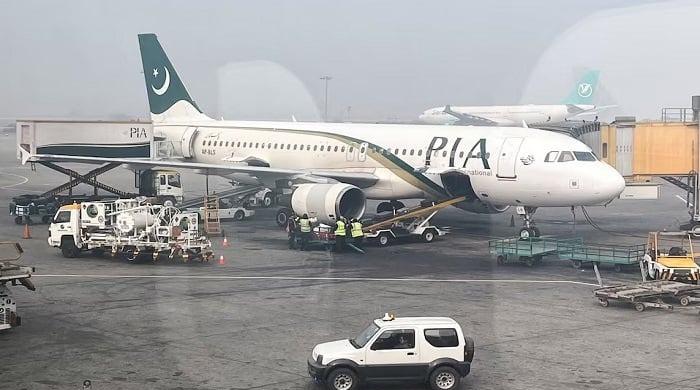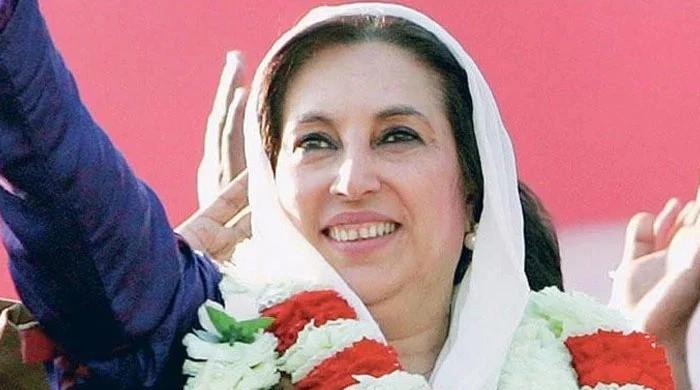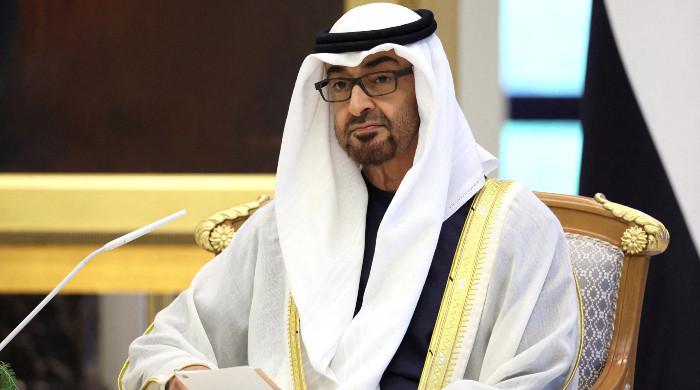This predatory republic
Unfortunately for Pakistan, we inherited colonial, exploitative setup at independence and absence of democracy here meant that we were never able to transform into a contractual state
July 13, 2024

If we think of a nation as a building, then citizens are the very pillars that keep it standing and the government is like a roof over the head of the people that protects them from the elements and keeps the pillars connected. However, if the roof becomes so big and heavy that the pillars are unable to support it, then at some point the pillars crumble and the building collapses.
If you consider the fast growth in the sizes (or expenditures) of our federal and provincial governments over the last decade or so — and especially this year — and the rapidly increasing taxes on the public, you cannot but conclude that our governments have become too big for our people to support and still be able to eke out a living. If our governments don’t reform and quickly shrink and deliver, we are looking at further hardships and deprivations in our lives.
Our daily economic life has become so bad that people are not just questioning the legitimacy (or lack thereof) of the current government but questioning whether we have actually benefited from any government over the last few decades. And if our governments haven’t been able to benefit us, what’s the point of having a government and paying taxes?
We need a government to protect us from external enemies, and anarchy and lawlessness at home. As Thomas Hobbs wrote, life under anarchy would be “nasty, brutish and short”. Modern states however not only protect from internal and external threats but also aim to provide certain services — flood protection, regulations, roads, social insurance — that the private sector cannot provide. Of course, they tax citizens for the protection provided and services rendered. Whether the protection and services provided by the state are beneficial and proportionate to the taxes they charge can be used to differentiate different types of states.
“Economists have adopted two broad perspectives on the state: contractual (ie, provider of public goods and services) and predatory (coercive and extractive). By a predatory state, we mean a state that promotes the private interests of dominant groups within the state (such as politicians, the army and bureaucrats) or influential private groups with strong lobbying powers.” (Mehrdad Vahabi in Public Choice, 2019).
States are thus classified into either contractual states or predatory states. Both types of states provide protection to most citizens but only one of them provides substantial civic services. Of course, there is some overlap. A predatory state may provide some services and a contractual state may prey or discriminate against particular groups, such as religious or ethnic minorities.
Given the desire of rulers to perpetuate their rule, typically democracies evolve towards some sort of a contractual state where the state provides enough services (in proportion to taxes) to garner enough votes or support for the incumbent rulers to stay in power. And indeed we have observed many East Asian and Western democracies slowly evolving into contractual states. Although taxes are generally high in many Western states, they are uniformly applied to all citizens and these states provide considerable services to citizens.
Of course, these contractual states can still exploit, discriminate against or suppress minority groups, as happens in Malaysia against the Chinese ethnic minority or has happened, historically quite violently, against Native and Black Americans.
On the other end of the spectrum, states without democracies typically, but not always, evolve towards a predatory or extractive state where the state doesn’t provide much by way of civic services but provides enough protection to avoid a revolt. These states also have significant taxes but these aren’t uniformly applied and directed mostly at politically weak groups. Predatory states also allow dominant groups within the power structure to directly exploit the non-powerful groups.
Afghanistan is an example of a predatory state where the Taliban provide protection to male citizens in exchange for taxes but provide little by way of services. Of course, their suppression of women has no parallel in the world.
Myanmar is possibly a worse example where the government is extremely predatory and colludes with the dominant ethnic group, Bamar, to exploit smaller ethnic and religious groups such as the Rohingya. Myanmar’s weak, albeit predatory, state has impoverished the people so much that a civil war is now ongoing with up to 70% of its territory under rebel control.
A relevant example of a predatory state for us is the British Raj, which established its hegemony in India following the dissolution of the East India Company in 1874. From the privilege that the Raj accorded its White sahibs in the bureaucracy, the armed forces and the judiciary to the trade policies it pursued in favour of Britain and to the detriment of Indian subjects (such as forcing India to sell cheap cotton to mills in Manchester and buy back expensive cloth or recruiting soldiers in India to fight British wars), the Raj was the very definition of a predatory state. And why wouldn’t it be? India was part of the colonial empire and Raj was representing the interests of the colonists.
Unfortunately for Pakistan, we inherited a colonial, exploitative setup at independence and the absence of democracy here meant that we were never able to transform into a contractual state.
In our first decade, we saw various groups vying for power and playing with the constitution. There wasn’t enough consolidation of power for the state to become extractive. In the 60s, the state’s exploitation was directed towards East Pakistanis to the benefit of those in the West. However, since the 70s, our state has become more extractive towards its remaining citizens.
The wars in Afghanistan, although hugely detrimental to our economy, brought in some foreign resources to satisfy the temporary needs of the state. This allowed the Zia and Musharraf regimes to get elite buy-in for their governments.
With this funding drying up, and the economic havoc and terrorism resulting in the wake of these conflicts shrinking our global connections and exports, we now have no choice but to run to China, the International Monetary Fund (IMF), and others to borrow. But even as we run to all and sundry for more loans, we have never taken the politically difficult step of expanding the tax base and taxing the rich and powerful.
As if meeting the federal government’s expenditures were not difficult enough with our limited tax base, in 2010 our politicians decided, through the NFC Award, that provinces would also get more than a handful of federal taxes. Thus the burden of the state on compliant taxpayers has now become almost impossible to bear.
Notice also that the money flowing into the provinces, nominally meant to improve education and healthcare, has done no such thing. A large portion of the development budgets of the provinces, like that of the federal government, is riddled with corruption — with barely half the money actually used on projects and the rest used to line the pockets of the powerful.
This budget, the first for the incoming government, was a chance to reform and restrain the Leviathan. But instead, this government has chosen to increase taxes on the middle class (salaried people and professionals), exporters, and basic necessities. It has substantially increased current expenditures and allocated an unseemly amount to the so-called development expenditures. As the working class is being forced into poverty and the middle class is cowering under the burden of increased taxes, our predatory state grows unabated.
Postscript: if you have any doubt whether our state is predatory, remember I haven’t even mentioned electricity bills yet.
The writer is an economist and a politician. He tweets/posts @MiftahIsmail
Disclaimer: The viewpoints expressed in this piece are the writer's own and don't necessarily reflect Geo.tv's editorial policy.
Originally published in The News









